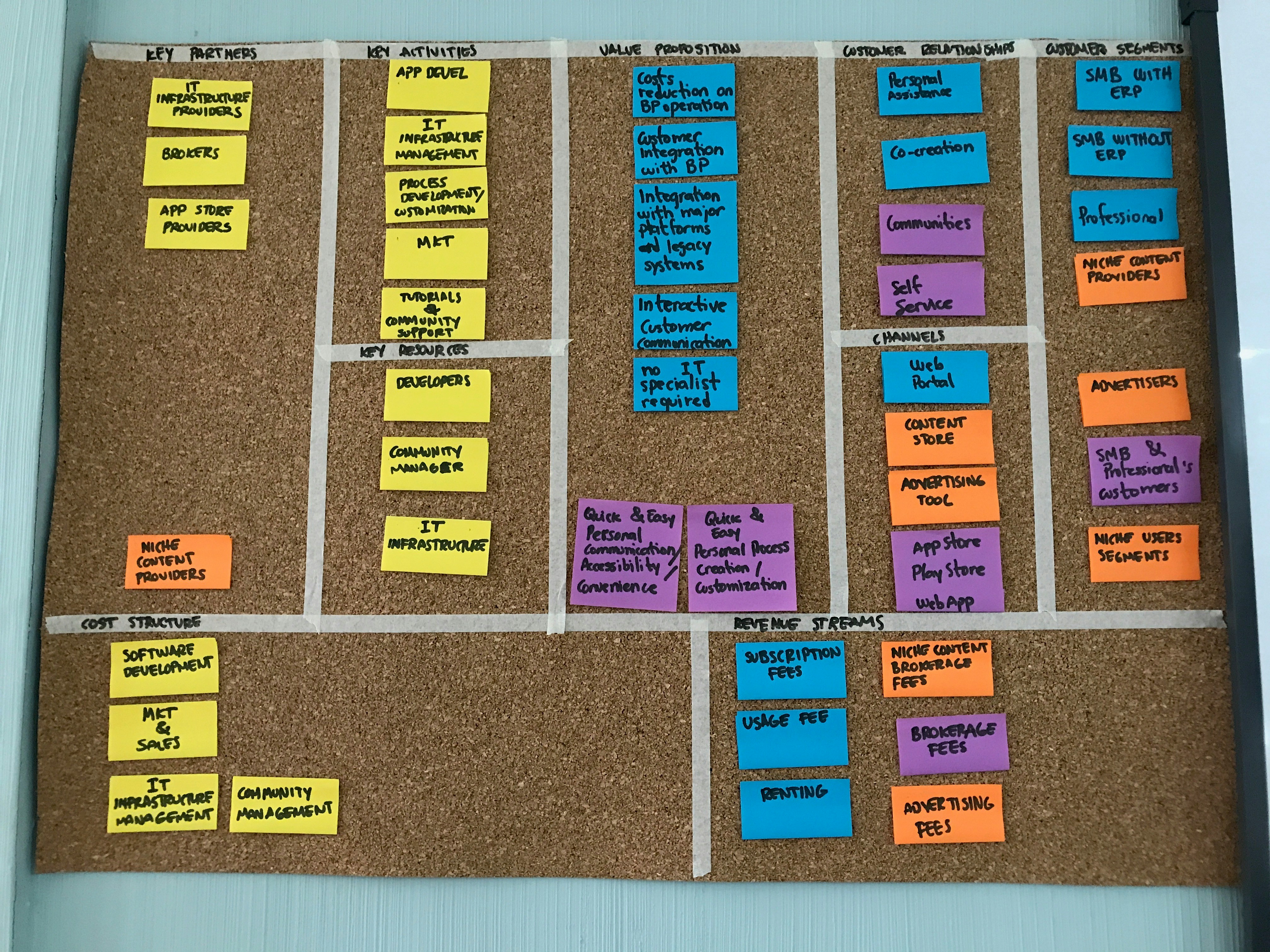Category: Finance
-
Understanding Cash Flow vs Profit: Key Differences for Your Business
What is Cash Flow? Cash flow is a crucial financial metric that represents the movement of money into and out of a business over a specific period. It encompasses all cash transactions, including operational revenues and expenses, as well as cash generated from investments and financing activities. The management of cash flow is vital for…
-

Cash vs Accrual Basis Accounting: Which Is Right for Your Business?
Understanding Cash and Accrual Basis Accounting Accounting methods might seem technical, but understanding the difference between cash basis and accrual basis accounting is crucial for any business owner. Cash basis accounting records income and expenses only when cash changes hands. In contrast, accrual basis accounting recognizes revenue and expenses when they are earned or incurred,…
-

Understanding the Differences Between Operating Expenses and Cost of Goods Sold and Why You Should Separate Them
Defining Operating Expenses and Cost of Goods Sold In the realm of business finance, understanding the distinction between operating expenses and the cost of goods sold (COGS) is crucial for accurate financial management. Operating expenses, often referred to as OPEX, encompass the costs incurred to maintain and run the daily operations of a business. These…
-

What is a Fractional CFO and Do You Need One?
Understanding the Role of a Fractional CFO A Fractional CFO, also known as a part-time or contract Chief Financial Officer, is a high-level financial expert who provides specialized services to organizations on a part-time basis. Unlike a full-time CFO, a Fractional CFO works on a flexible schedule, which can be particularly advantageous for companies that…
-

The Importance of a Well-Designed Chart of Accounts for Effective Financial Management
What is Considered a Good Chart of Accounts? A chart of accounts is a list of all the accounts used by a business to record its financial transactions. It provides a systematic way to organize and categorize financial information, making it easier to track and analyze the company’s financial performance. A good chart of accounts…
-

Why You Should Keep Personal and Business Expenses Separate
Why You Should Keep Personal and Business Expenses Separate As a business owner, it might be tempting to mix personal and business expenses, especially if you’re just starting out or have a small operation. However, commingling personal and business expenses is generally considered a bad idea, and here’s why: 1. Legal and Tax Implications One…
-

The Benefits of Hiring a Fractional CFO or Controller for Your Business
What is a Fractional CFO and Controller? A Fractional CFO (Chief Financial Officer) and Controller are financial professionals who provide part-time or temporary services to businesses. They offer expertise in financial management, strategic planning, and accounting, without the need for a full-time commitment. Benefits for Your Business Engaging a Fractional CFO and Controller can bring…
-

Understanding the Difference: Bookkeeper vs. CPA
Understanding the Difference: Bookkeeper vs. CPA When it comes to managing finances and ensuring accurate record-keeping, two roles often come to mind: bookkeeper and CPA. While both professionals play crucial roles in maintaining financial stability, there are distinct differences between the two. 1. Bookkeeper A bookkeeper is responsible for the day-to-day financial transactions of a…
-

The Importance of Attest Services for Financial Reporting and Auditing
Understanding Attest Services Attest services are an essential aspect of financial reporting and auditing. They involve the examination and verification of financial statements, records, and other important documents to ensure their accuracy and reliability. These services are typically provided by certified public accountants (CPAs) or auditing firms. The Importance of Attest Services for Your Business…

